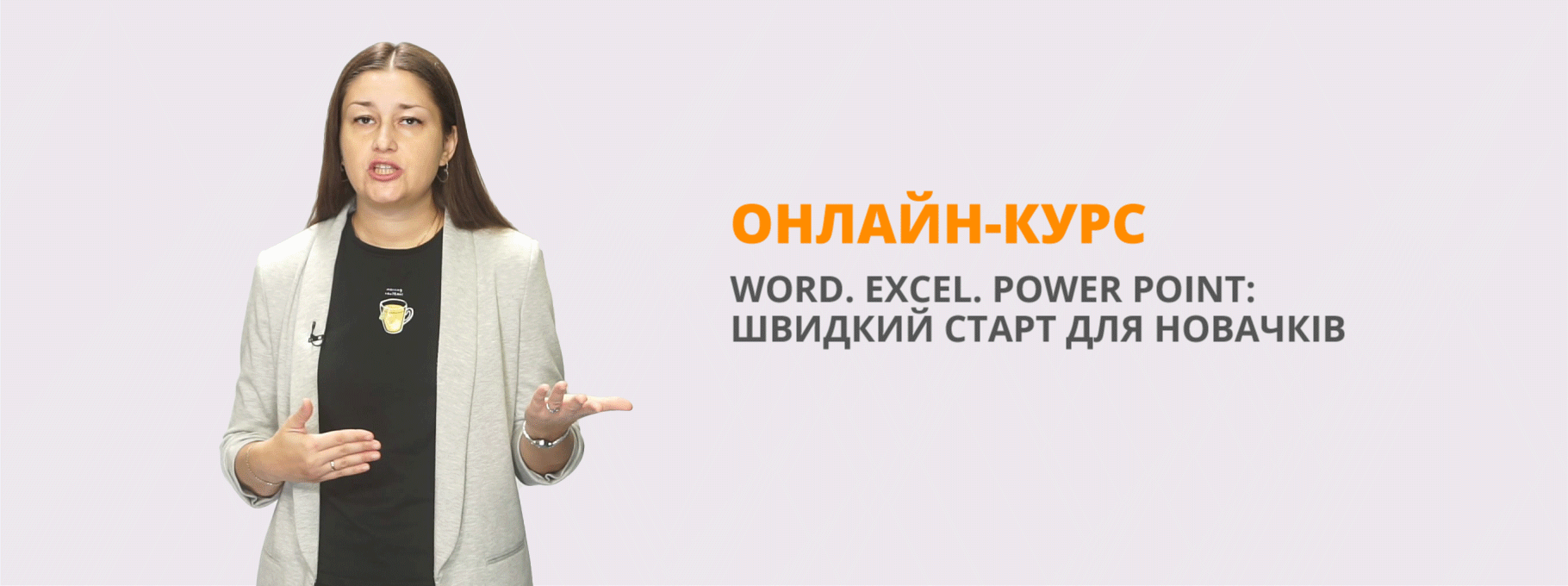Technology in schools: Future changes in classrooms
Стаття присвячена опису новітніх технологій на уроці англійської мови, які робитимуть викладання англійської мови ефективнішим. Стаття написана англійською мовою, містить такі розділи, як «Flipped» classrooms,Tablet computers in schools,Internet addicts.
Technology in schools: Future changes in classrooms

Technology has the power to transform how people learn - but walk into some classrooms and you could be forgiven for thinking you were entering a time warp.
There will probably be a whiteboard instead of the traditional blackboard, and the children may be using laptops or tablets, but plenty of textbooks, pens and photocopied sheets are still likely.
And perhaps most strikingly, all desks will face forwards, with the teacher at the front.
The curriculum and theory have changed little since Victorian times.
The world needs a new curriculum .Most of the education products on the market are just aids to teach the existing curriculum, based on the false assumption we need to teach better what we teach. As to my mind a whole new core of subjects is needed, focusing on the skills that will equip today's learners for tomorrow's world of work. These include problem-solving, creative thinking and collaboration.
«Flipped» classrooms
One of the biggest problems with radically changing centuries-old pedagogical methods is that no generation of parents wants their children to be the guinea pigs.
We are living in an age of accelerating change. We have to experiment and figure out what work .We are at the ground floor of a new world full of imagination, creativity, innovation and digital wisdom. We are going to have to create the education of the future. Change is already afoot to disrupt the traditional classroom.
The "flipped" classroom - the idea of inverting traditional teaching methods by delivering instructions online outside of the classroom and using the time in school is reduced only to doing the home work .
The teacher teaches as normal. Teachers can offer pupils points for good behaviour, asking questions, or working well in their teams and it gives them access to real life powers. Those powers are decided by the teachers and may include handing in homework a day late.
There are also penalties for those not concentrating in class, turning up late or being disruptive.
Children play the game in teams, which means a lost point affects the entire group, and encourages them to work together.
As in other games there are sometimes random events, which could be something like everyone having to speak like a pirate for the day or the teacher having to sing a song in class. The kids love it.
Tablet computers in schools
The rapid growth of tablet computers in the classroom was one of the ways in which the study found that young people are immersed in technology at school and home.
Tablets are now being used, in primary and secondary schools, and I think each pupil must have an individual tablet device . In my school, I mean Nikolskaya secondary school, students from 10-th and 11-th forms are allowed to use tablet computers or their i-phones because there are too many unknown words in Oksana Karpiuk’s books.
Researchers cannot isolate the impact of technology as the specific cause of a rise in attainment.
And there is evidence that they help to motivate pupils who might otherwise be disengaged - and when pupils use home tablet computers it increases the involvement of families.
But the role of technology is going to grow in schools.
The type of device might change, but it's not going to go away. It will almost seem ridiculous if some of them are not using technology .
Internet addicts
The study on tablet computers in schools shows how much online technology is part of everyday life for young people.
Within a sample of schools where every pupil has a tablet computer, a quarter of secondary pupils described themselves as internet "addicts".
About two-thirds took a computer device or smartphone to bed with them, used for social media or watching videos.
It showed about 40% of five to 15-year-olds had access to a tablet at home.
Using computers, is about making sure that the school is in "the current century and not the last".
The use of technology in school also reflects the reality of how pupils live at home and what they will find at work.
Literature:
- BBC news
ANATOLIY POLTORATSKIY
Settlemtnt NIKOLSKOYE
Nikolskaya secondary school#1.


про публікацію авторської розробки
Додати розробку
